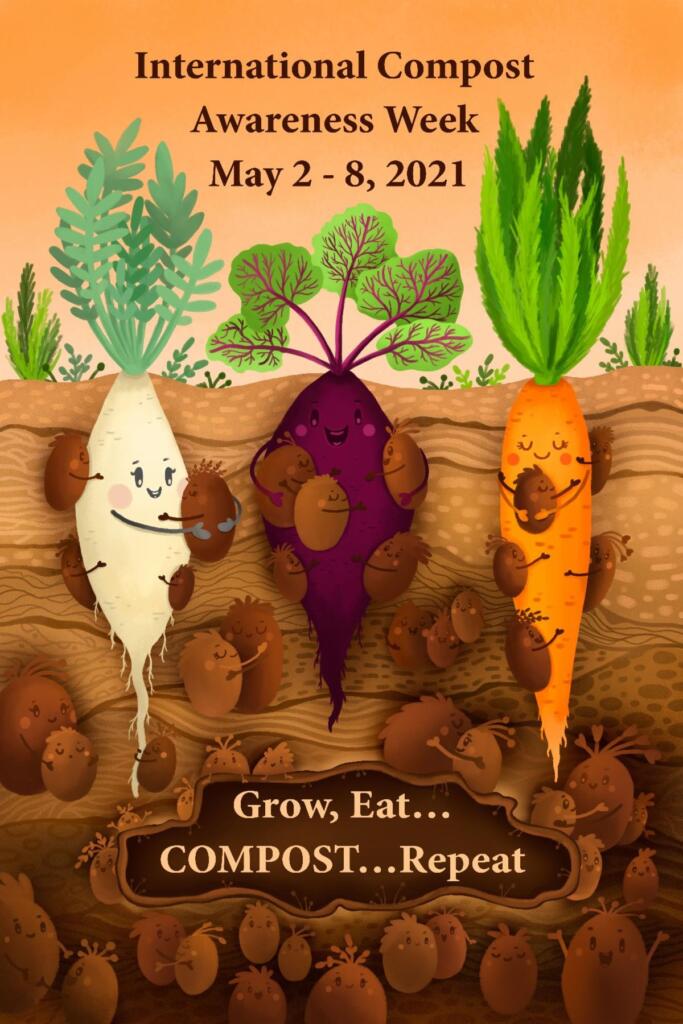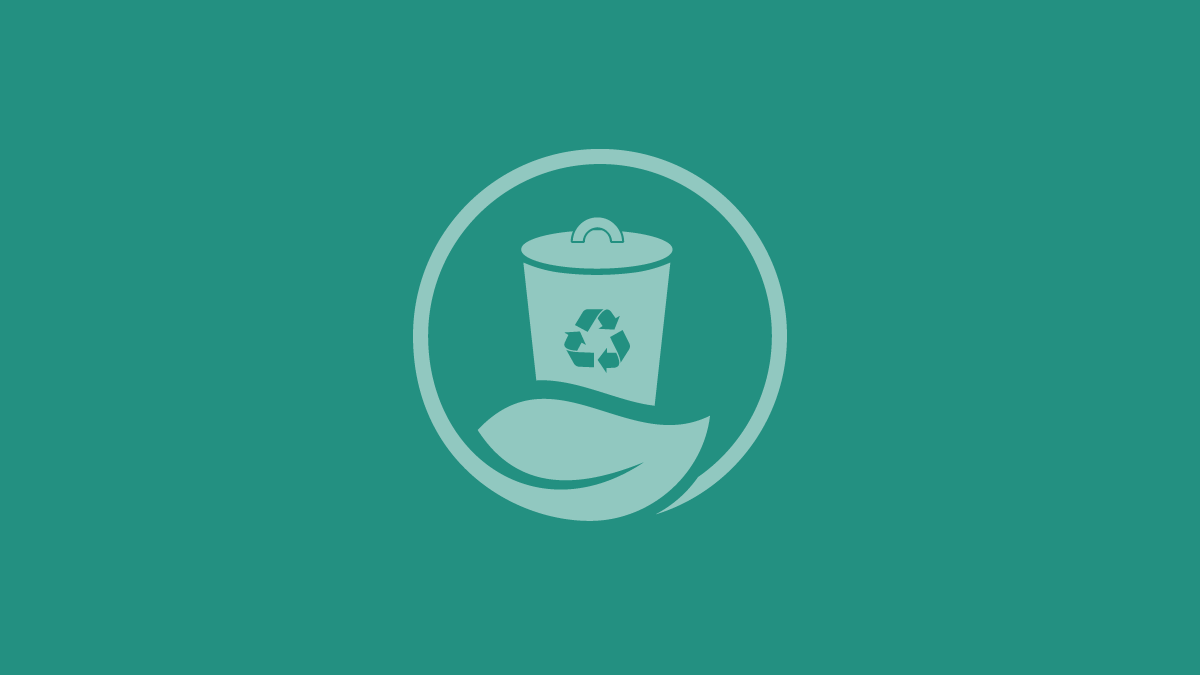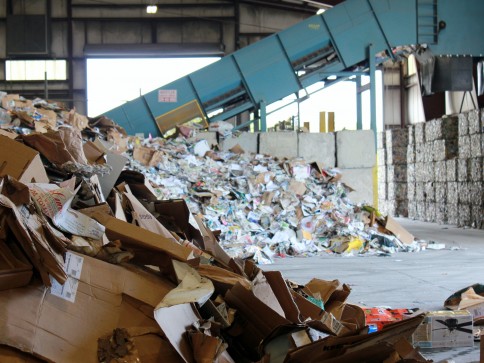Ulster County Resource Recovery Agency joins states, regions, and countries around the world promoting International Compost Awareness Week (ICAW). ICAW is an initiate by the Compost Research & Education Foundation. ICAW is celebrated during the first full week of May and the goal of the educational campaign is to raise public awareness about the benefits of using compost. Started in Canada in 1995, ICAW has continued to grow as more people, businesses, municipalities, schools and organizations are recognizing the importance of composting and the long-term benefits from organics recycling.
Each year a theme is chosen to promote the week and ICAW features a poster contest each year in the Fall. This year’s theme is Grow, Eat…COMPOST…Repeat, recognizing the importance of composting in closed-loop sustainable systems that use compost to grow healthier food, support healthier soils and, ultimately, recycle nutrients back into the soil. Governor Cuomo declared the week of May 6-12 New York State Compost Awareness Week in a proclamation in May 2018. At Ulster County Resource Recovery Agency, we take this opportunity to recognize the important role of compost in improving soil health, stewarding local resources, and preventing environmental pollution from organics in our waste stream.
Benefits of Using Compost
- Compost is high in organic matter which has the unique ability to bind nutrients in soil – reducing the need to use chemical fertilizers.
- Compost supplies beneficial soil microbes, which enhances soil biodiversity and helps to suppress plant disease pathogens and reduce the need to use harsh chemical fertilizers
- Compost improve soil water holding capacity, increasing soil water infiltration and permeability of heavy soils, which reduces runoff and erosion.
- Compost has the unique ability to buffer or stabilize soil pH, which improves nutrient availability for a range of plant species.
- Compost improves soil structure, porosity, and density, allowing room for water and air to enter micro pore spaces in soil, creating a healthier plant root environment.
- Compost makes any soil easier to work and cultivate
In addition to these horticultural benefits, composting plays an essential role in meeting zero waste goals. Composting reduces our dependence on landfills, lowering harmful green house gas emissions and is an effective and beneficial way of managing the organic materials that make up 30% of our waste stream.
Since 2012 to date, the UCRRA Organics Recovery Facility has managed more than 19,000 tons of source separated organics that, if landfilled, would have traveled a cumulative 266,481 miles for disposal. These long haul trips avoided are the equivalent of driving 10.6 trips around the Earth. Since 2012 to date, the total CO2 emissions avoided from both transportation and landfill disposal of these organics is calculated to be more than 32,000 metric tons of carbon dioxide. The total CO2 emissions avoided is equivalent to the CO2 emissions from burning 35,492,543 pounds of coal or consuming 74,345 barrels of oil or 5,833 homes’ electricity use for one year or the ghg emissions avoided by 6.7 Wind turbines running for a year or the carbon sequestered by 39,343 acres of U.S. forests in one year!
Composting is a climate smart solution, and the composting program at UCRRA is a community asset that fosters stewardship of Ulster County’s environment and natural resources. UCRRA offers many educational programs and technical support services in pursuit of our mission to manage materials with a focus on resource conservation. Please contact us to learn more about how your group, business, school, or facility can help us Grow Ulster Green and become a Partner in Composting!
– Angelina Peone, Director of Sustainability



